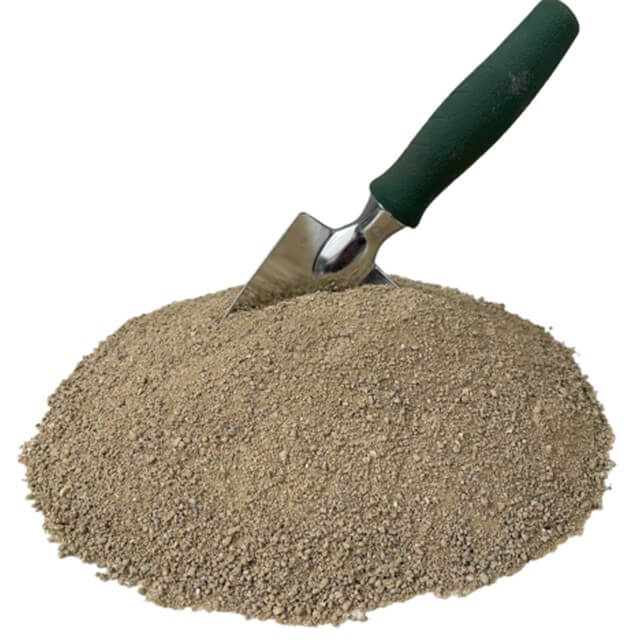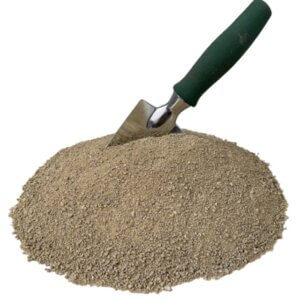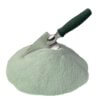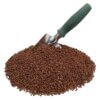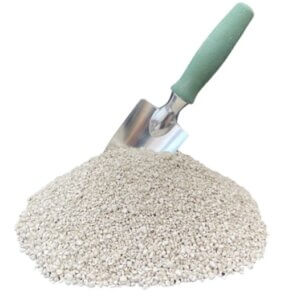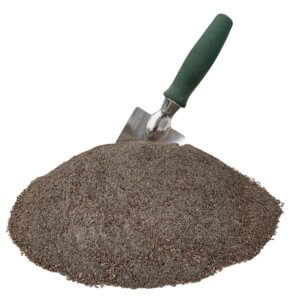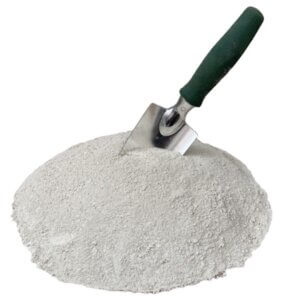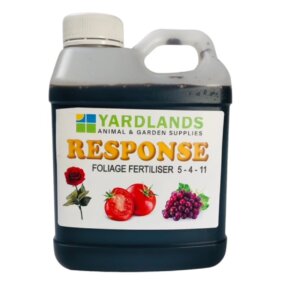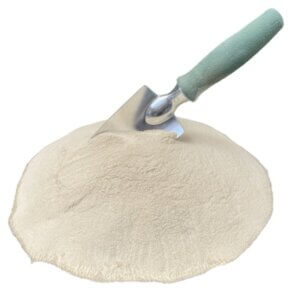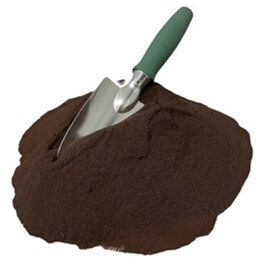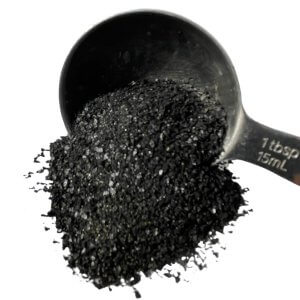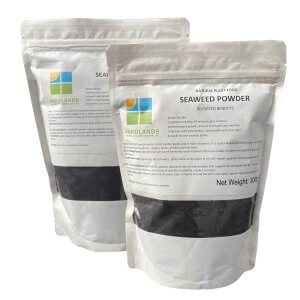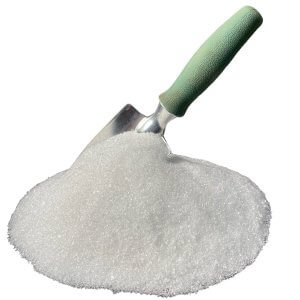GARDEN LIME
From: $5.00 inc GST
Natural Ca-32%
Garden Lime is limestone that has been pulverised into fine particles, the finer the particles the greater the surface area and quicker it breaks down in the soil. Limestone is a natural source of calcium carbonate. Calcium plays a critical role in the soil and is considered to be the trucker of most other major plant elements.
Available in 3kg, 10kg & 20kg bags
size
3kg
10kg
20kg
Price
$5.00 inc GST
$12.00 inc GST
$19.00 inc GST

